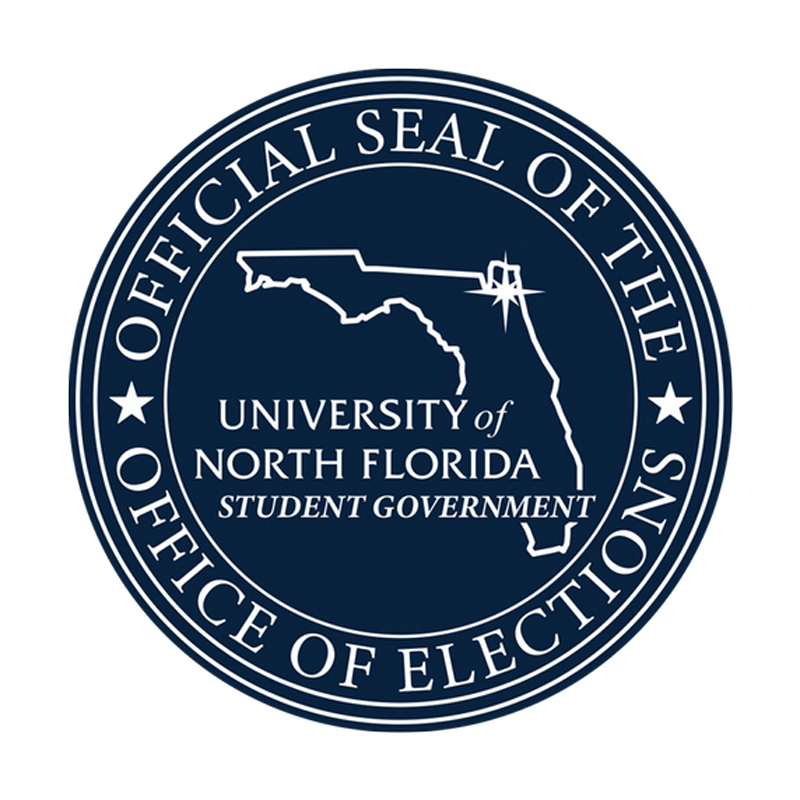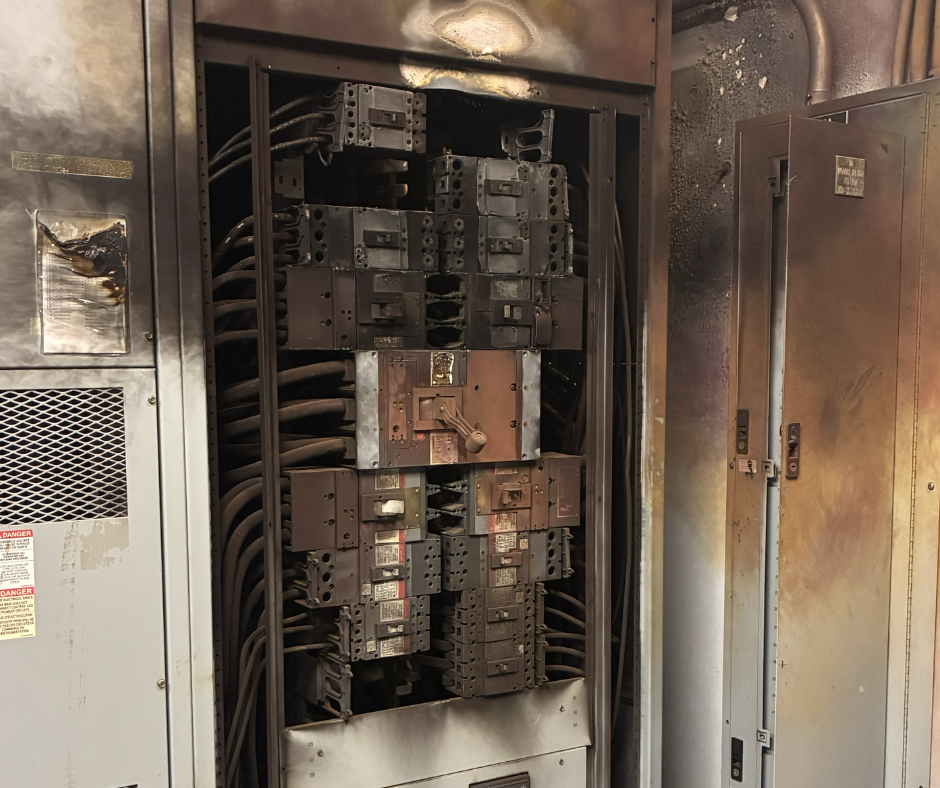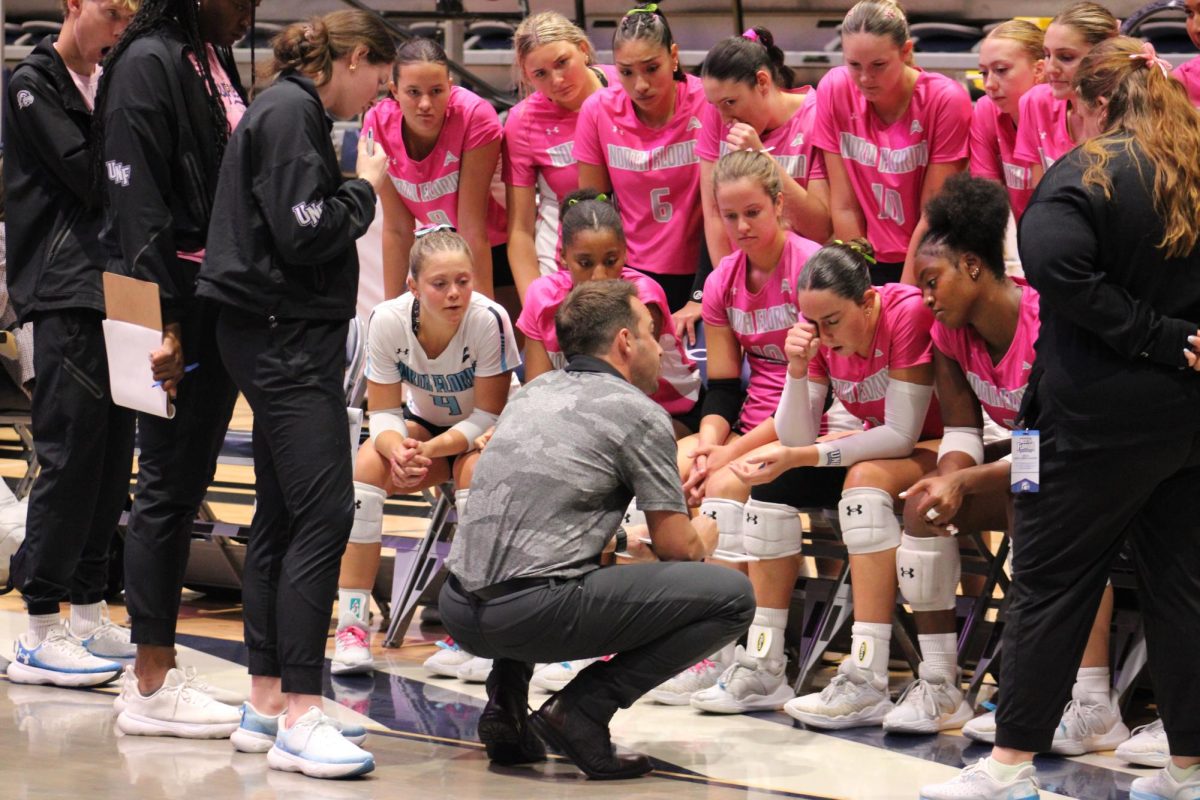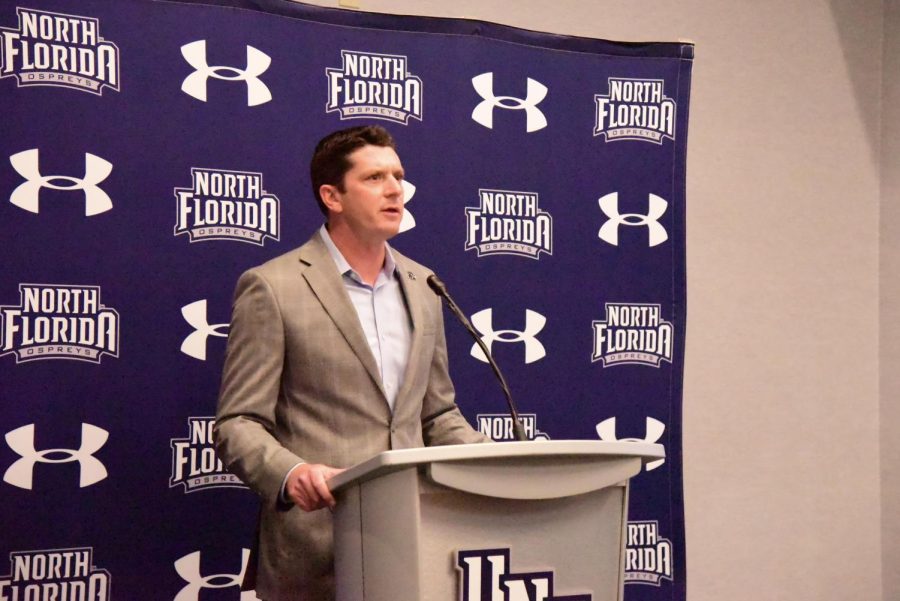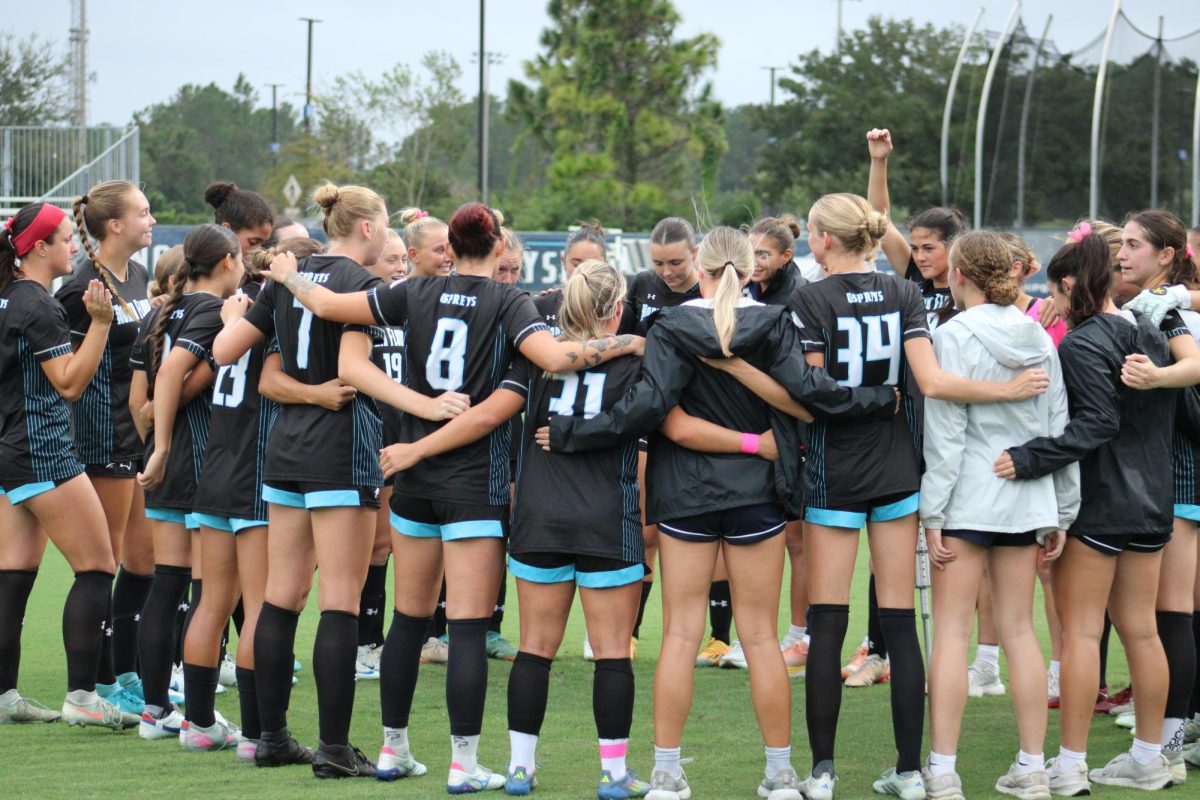Workforce Florida, a workforce investment and policy-making board, was formed in 2000 with the primary goal of putting Floridians to work.
UNF was an easy choice for Debbie McMullian, the program director of Quick-Response Training at Workforce Florida.
“[UNF is] ranked rather highly in port-related training [programs],” McMullian said. “And they’ve always been very successful in administering Quick-Response Training grants.”
Workforce Flordia’s Quick-Response Training program is a job-creation incentive that provides grant funds to aid any Florida business that produces an exportable good or service and creates new jobs.
The grants come from state funds set aside for educational purposes — in this case, worker training and the creation of jobs in specified industries. The grants earn their name for Workforce Florida’s ability to “respond quickly” to a company’s need for job training, McMullian said.
Along with UNF, Workeforce Florida enlisted the help of Broward College, Reynolds, Smith and Hills, Inc. — an engineering firm — and the American Society of Transportation and Logistics to strengthen Florida’s export industry.
“Real businesses nowadays are outside the U.S.,” said Andres Gallo, chair of the UNF Economics and Geography Department. “We need to widen our views of businesses around the world. The more we understand international trade, the better we’ll be able to benefit and bring more jobs to Florida.”
This initiative works on a three-pronged approach. The first prong focuses on seaports and the training of employees therein. Workforce Florida alotted $1 million in QRT grants to UNF and RS&H to coordinate training for nearly 1,000 new and current workers in manufacturing, logistics and businesses in Florida’s ports.
The second prong of the initiative focuses on air cargo business as an important aspect of international trade, which Broward College will be focusing on with $600,000 in QRT grants.
The third prong will address what McMullian calls “the pipeline.” The American Society of Transportation and Logistics is using the final $600,000 to create career academies that prepare high school students with credentials they may need to work in specified industries.
Their education will cover transportation, logistics, finance, as well as foreign language skills and cultures.
UNF’s involvement in the project comes as no surprise to Tim Giles, the director of the UNF Division of Continuing Education.
“We’ve demonstrated, in the past, an ability to effectively deliver these kinds of programs that would be beneficial to these companies,” Giles said. “Previous to being awarded the grants, we had experience with training logistics and other companies and helping supervisor-level management work with employees more effectively.”
Gallo sees the project as beneficial to both UNF and the Jacksonville community.
“They can see the value of this university and how it can provide for people who work in this area,” he said.
Giles has high hopes for the initiative and UNF’s involvement.
“It’s an economic driver for the state,” he said. “Any time we can partner with the state and be seen as an important cog in helping move Florida’s economy forward, that’s a great opportunity for the university.”
McMullian said the project will prove useful for both the state and UNF.
“It’s going to give UNF great statewide visibility,” she said.
In addition to being a boon to the state, Giles said UNF’s partnership will help bring new blood to the university.
This initiative offers the division of continuing education the chance to work with a broader range of clients, he said.





